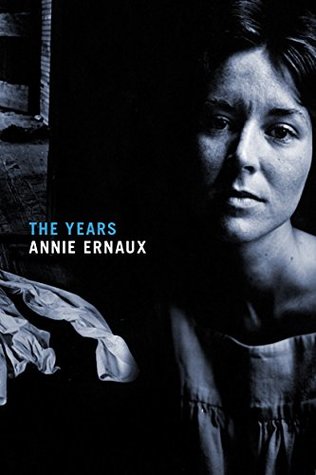More on this book
Community
Kindle Notes & Highlights
They had never imagined resembling their mothers but now were taking up where the latter had left off.
They wanted a good middle school, a good program, a good lycée, good teachers, possessed by the idea of an excellence that would envelop their children and painlessly infuse them with success that the latter would feel was entirely due to their own merit.
The wars in the world followed their due course. Our interest in them was inversely proportional to their duration and the distance from where we lived. It especially depended on whether Westerners were involved.
And we, who knew very well that a “secure profession” and money didn’t necessarily bring happiness, couldn’t help but want happiness for them.
“France cannot take on all the misery of the world.”
There was a need for war, as if people had suffered a lack of events for a long time, coveting the ones they could only experience as television viewers. There was a desire to reconnect with age-old tragedy. By grace of the drabbest of all American presidents, troops would be dispatched to fight “the new Hitler.”
and the formerly “new” philosophers vied to shame us, going out of their way to repeat, “Sarajevo is only two hours from Paris,” we kept to ourselves, overcome with fatigue. We’d exerted too much emotion during the Gulf War, for no good reason.
Pride in what one did was substituted for pride in what one was—female, gay, provincial, Jewish, Arab, etc.
Teenagers, especially those who could rely on no other means of social distinction, acquired personal value through brands, L’Oréal—because I’m worth it.
As we gazed at a Van Gogh painting at the Musée d’Orsay, our ignorance of what was happening at the same second in Manhattan was identical to that of the moment when we ourselves would die.


